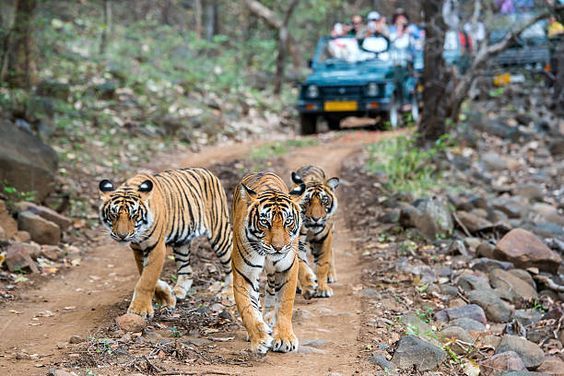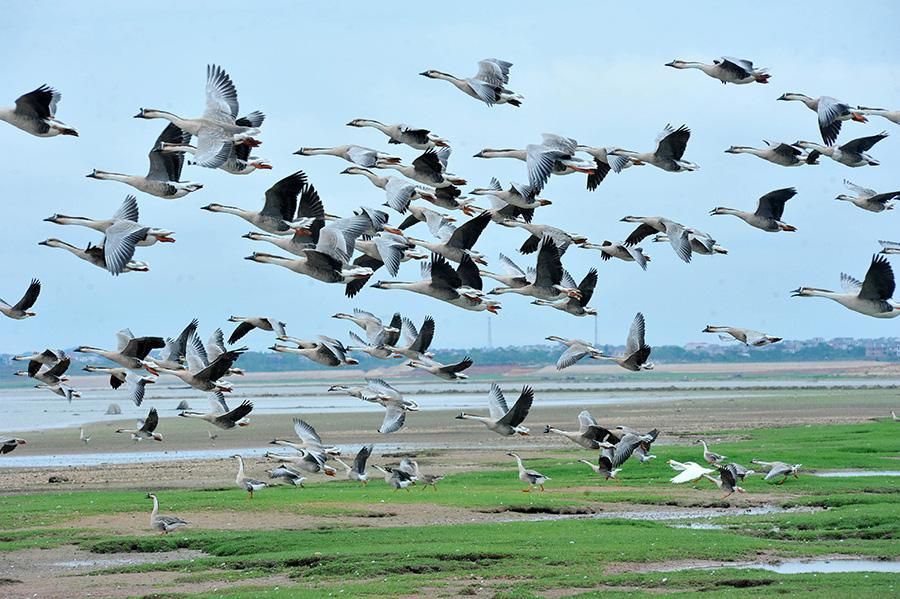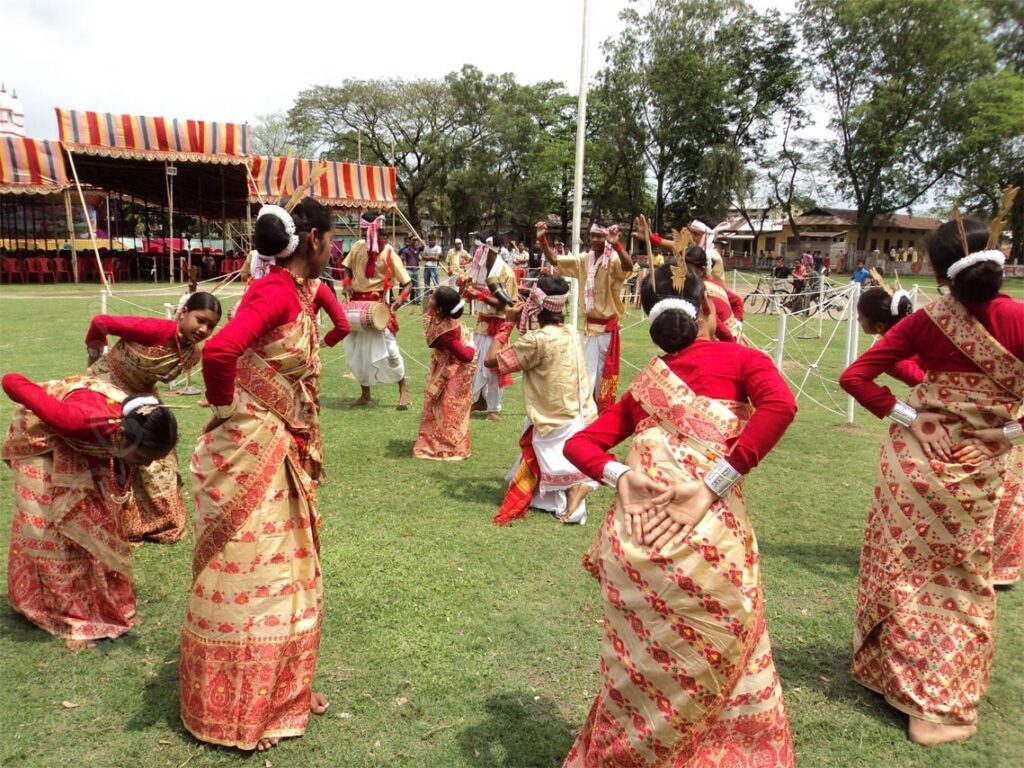Manas National Park – UNESCO World Heritage Site in Assam
Located along the foothills of the Eastern Himalayas, Manas is one of Assam’s most prized natural treasures. Recognized as a Tiger Reserve and Biosphere Reserve, it shelters one-horned rhinos, Bengal tigers, rare golden langurs, and hundreds of bird species. A sanctuary for wildlife lovers and a gateway to authentic Assamese culture.
Plan Your SafariHighlights of Manas National Park
Discover the wonders that make Manas one of India’s most magical wildlife destinations.
UNESCO & Tiger Reserve
Recognized as a UNESCO World Heritage Site and a vital Tiger Reserve protecting endangered species.
Endangered Species
Home to rare one-horned rhinos, golden langurs, and other endangered wildlife.
Thrilling Safaris
Explore grasslands and forests with guided jeep and elephant safaris.
Birdwatcher’s Haven
Over 450 bird species, including rare migratory birds and kingfishers.
Himalayan Backdrop
Nestled along the Eastern Himalayas and Bhutan border — breathtaking scenery.
Cultural Immersion
Experience Assamese traditions, village life, and warm rural hospitality.
A UNESCO World Heritage Site
Declared a UNESCO World Heritage Site in 1985, Manas is globally recognized for its extraordinary biodiversity. The park protects many rare and endangered species like the pygmy hog, hispid hare, golden langur, and Bengal florican. Unlike other wildlife reserves, Manas combines natural beauty with ecological importance, making it a top destination for eco-tourists and conservation enthusiasts.
Wildlife Encounters & Safaris
Exploring Manas is an adventure in itself. Jeep safaris provide the best way to cover large areas of the park, offering chances to spot tigers, rhinos, swamp deer, and wild buffalo. Elephant safaris, especially at sunrise, allow visitors to traverse tall grasslands and watch animals in their natural habitat. The thrill of encountering herds of elephants or catching sight of a tiger adds unforgettable moments to every traveler’s experience.


Birdwatcher’s Paradise
Manas is a dream destination for bird lovers, with over 450 species of birds recorded. From the endangered Bengal florican to colorful hornbills, fishing eagles, and migratory waterfowl, the park is alive with bird calls year-round. Wetlands, riverbanks, and grasslands create diverse habitats, making birdwatching tours here highly rewarding for photographers and nature enthusiasts.
Assamese Culture & Village Experiences
A trip to Manas goes beyond wildlife—it also opens doors to authentic Assamese culture. Nearby villages welcome travelers with traditional homestays, local weaving practices, and delicious Assamese cuisine like masor tenga (sour fish curry) and pitha (rice cakes). Seasonal festivals such as Bihu bring vibrant dance and music performances. These experiences allow visitors to connect deeply with Assamese traditions while supporting community-based tourism.


Scenic Beauty & Adventure Activities
Nestled along the Bhutanese foothills, Manas is a feast for the eyes. Rolling grasslands, dense forests, and crystal-clear rivers make it one of India’s most scenic national parks. Apart from safaris, visitors can enjoy river rafting on the Manas River, nature walks, and cycling tours through rural landscapes. This blend of adventure and serenity makes Manas a versatile destination for both thrill-seekers and peace-lovers.
Best Time to Visit Manas
The park is open from November to April, the ideal time for safaris and cultural experiences. Winters are cool and perfect for spotting wildlife, while spring brings vibrant greenery and active birdlife. The monsoon season (May–October) keeps the park closed due to heavy rains, but the ecosystem flourishes in preparation for the next season.
FAQs about Manas National Park
Your questions answered about safaris, wildlife, and planning your visit to this UNESCO treasure.
1 Why is Manas National Park famous?
2 How can I explore the park?
3 What wildlife can I see in Manas?
4 Is Manas suitable for families?
5 How many days should I plan for Manas?
6 Where is Manas located?
Plan Your Trip to Manas National Park
A journey to Manas National Park is more than just a wildlife safari—it’s an exploration of Assam’s natural beauty, cultural richness, and traditional hospitality. From rare animal sightings to birdwatching and village experiences, every moment here tells a story of coexistence between nature and people. Whether you’re a wildlife enthusiast, cultural traveler, or family adventurer, Manas promises authentic travel experiences in the heart of Northeast India.
